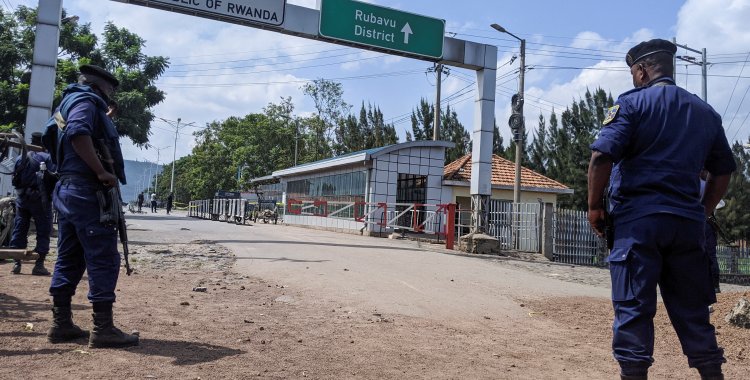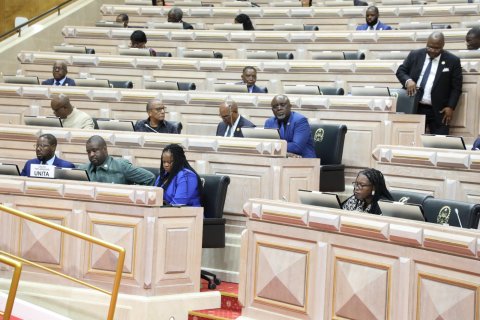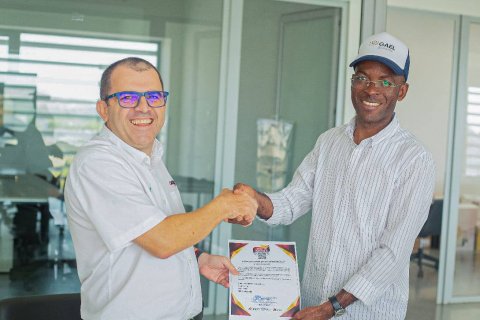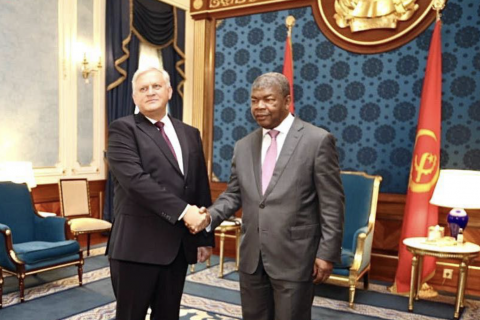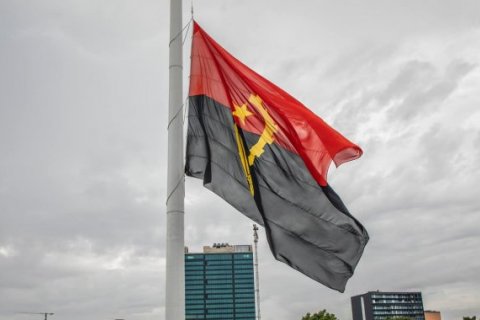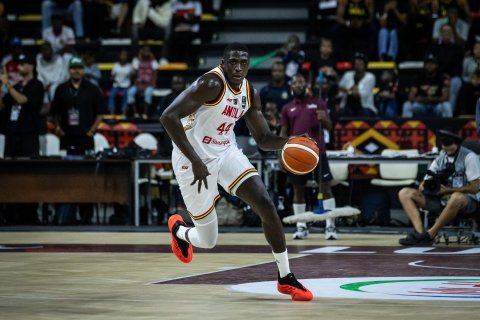The meeting is the result of recent trips that President João Lourenço, as mediator appointed by the African Union, made to Kigali and Kinshasa, on 11 and 12 August respectively, during which he presented a proposal for a peace agreement to his counterparts from Rwanda, Paul Kagame, and from DR Congo, Félix Tshisekedi. In this context, “the meeting should essentially address the proposal for lasting peace submitted to the parties, aiming at a common understanding regarding a negotiated and peaceful solution to the conflict prevailing in the Eastern Region of DR Congo, which has worsened since the end of 2023”, according to a post on the Facebook page of the Presidency of Angola. The proposal presented by João Lourenço follows the entry into force of the ceasefire between DR Congo and Rwanda on 4 August, mediated by Angola. The DR Congo accuses Rwanda of supporting the M23 rebel movement to seize mineral resources in the east of the country, while the armed group claims to be defending a threatened section of the Tutsi population living in the province of North Kivu.
Félix Tshisekedi accused his predecessor, Joseph Kabila, of preparing an "insurrection" and of coordinating or belonging to the Alliance Française du Congo (AFC), a political-military movement that includes the March 23 Movement (M23).
The M23 is one of more than 100 armed groups active in the east of the DR Congo, a region rich in gold and rare minerals essential to the world's largest technology companies.
The Congo River Alliance, a political-military movement that includes armed groups such as the M23, congratulated all those involved in seeking a peaceful resolution to the crisis in the east of the Democratic Republic of Congo, following the announcement of a ceasefire between Rwanda and the DR Congo mediated by Angola, but stressed that it is not "automatically bound by the conclusions of meetings to which it was not invited", calling for direct dialogue with the Government in Kinshasa.

